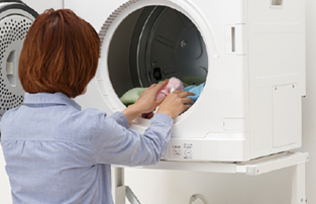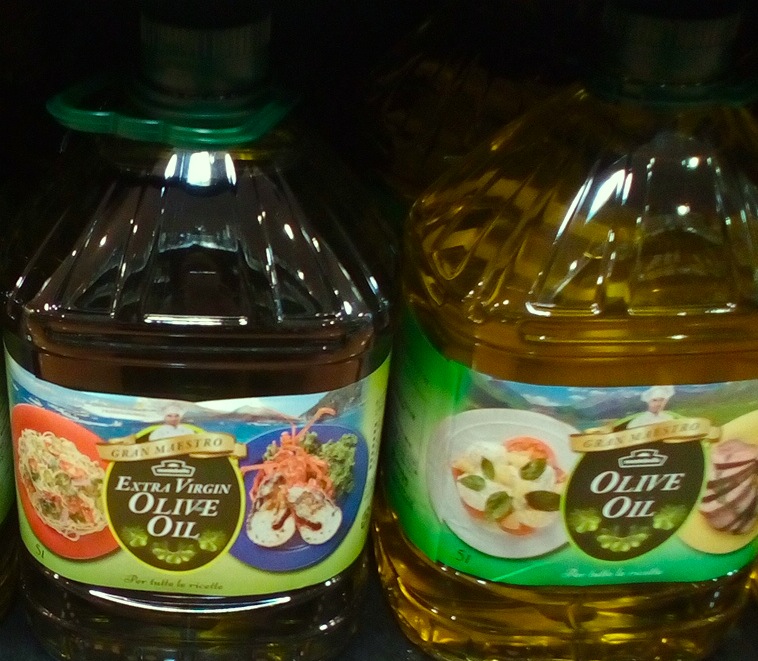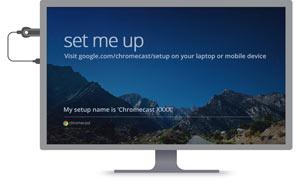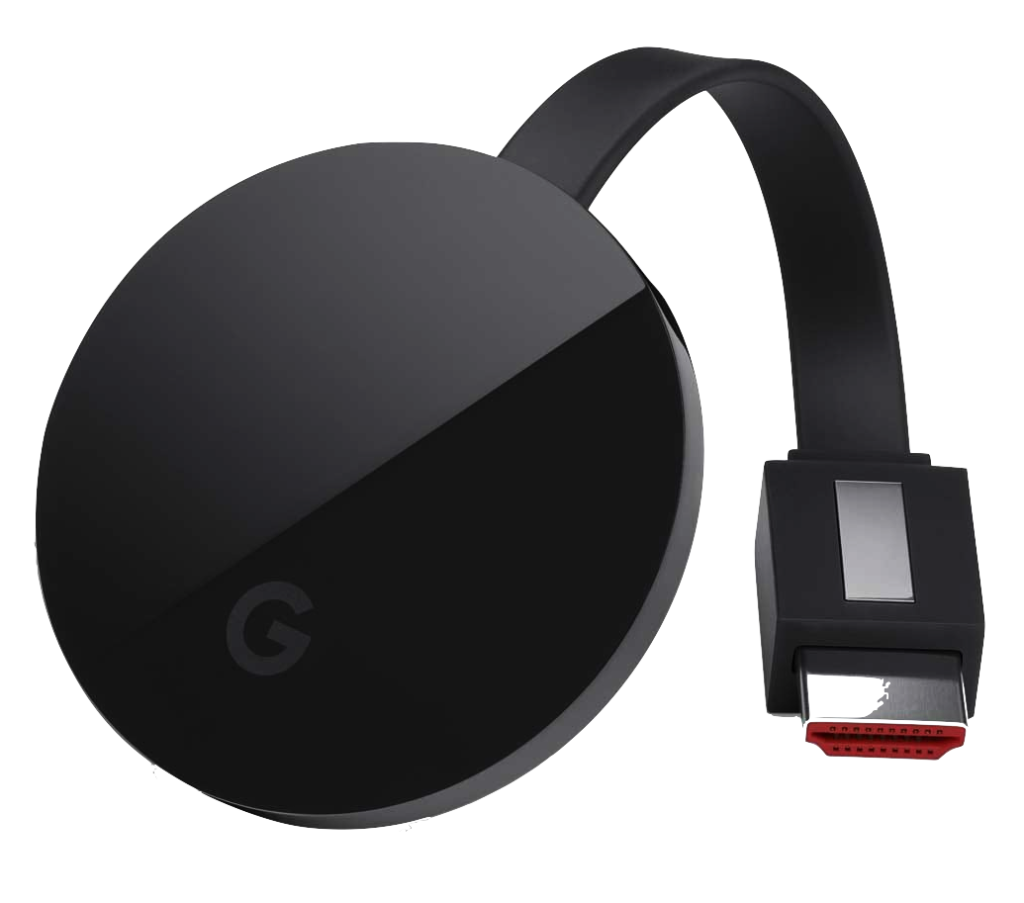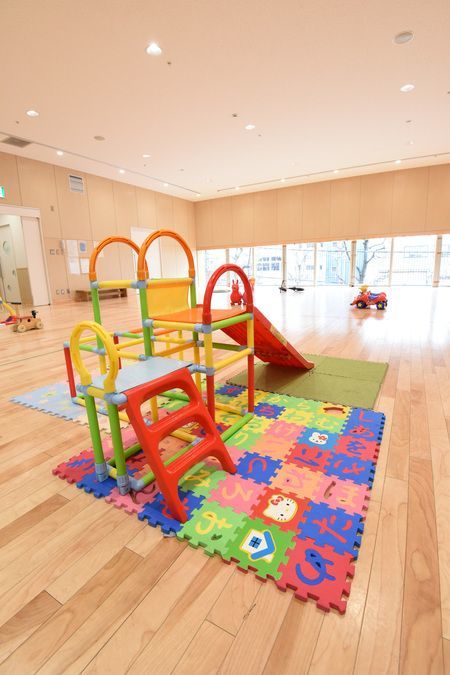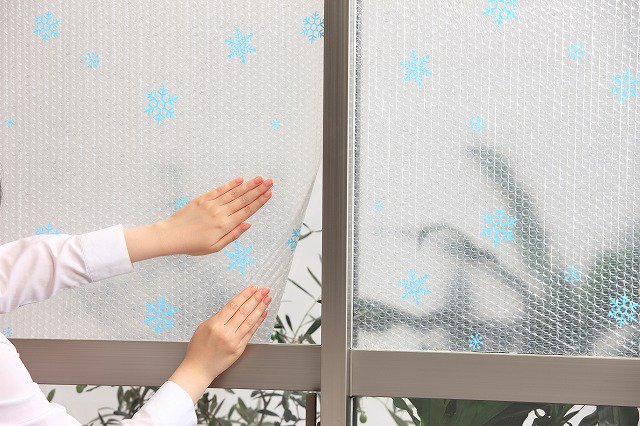- Belgium comes to Yamashita Park
- Residential Villa in Phuket Entices Remote Workers With Long-Stay Rates
- Rare pieces of French glass art at the Mirai Museum of Art
- Feast on fresh fish and seafood at the 2024 ‘Sakana’ Festival
- Would you like to ride in a Louis Vuitton gondola lift?
- Naked Snow Aquarium
- Festive lights at Yomiuriland will get you feeling the holiday vibes
5 Smart Ways To Stretch Your Tokyo Home Budget

The most effective advice for responsible home budgeting is to never miss a bill, save money and pay in cash. Personal finance gurus will tell you that effective home budgeting plays a large role in building patterns of behavior that turn into healthy spending habits. So we’ve summed up here 5 ways you can cut unnecessary costs while living in Tokyo.
The average Japanese family does almost 350 loads of laundry a year. According to Tokyo Gas, there is a significant amount of savings to be made from using gas dryers. Gas dryers heat up and dry clothes three times faster than electric which can result in energy savings and also slow down wear-and-tear on the clothes. In order to find out how much cheaper it is to dry 5 kgs of laundry, Tokyo Gas published a case study on their website.
Electric Gas
Watt hours 2210 190
Time 169 minutes 52 minutes
Cost 51 yen 32 yen
The price of propane gas varies according to vendor but is generally cheaper than toshi (city) gas. So if you suspect your gas bill is unusually high, switch to other gas vendor. And if you’re renting, ask your landlord if you can switch gas providers.
If you find yourself complaining that you don’t have time to look after yourself, you might find it enlightening that a Japanese mom spends an average of 5 hours every week shopping. It makes sense for busy working families to drive up to Costco for larger pack sizes of supplies and things they need. Getting family size packs marginally work out cheaper and is less time consuming than having to go back to the grocery often for a few quick items. Frequent trips to the grocery is bad for those who have trouble showing restraint when they see something they want rather than ‘need’.. There is a reason shopping shelves at grocery stores in Tokyo are laid out in a way items that cost more are positioned within eye level and those that cost less are placed at the bottom of store shelves. The next time you run out of family size coffee, tea, pasta and olive oil before your next trip to Costco, remember that Yamaya and Niku no Hanamasa are other cheaper options.
Between your cell phone, home phone, internet and cable TV provider, you face a pile of bills every month. Are you getting the best deal? Internet and cable TV companies in Japan roll out new deals every season so if you’re locked in for 2 years, you probably are not. If you have an all-inclusive package, you’re probably paying for features that you don’t need like caller ID, bells and whistles, extra Japanese channels or VOD (video on demand). Getting your phone, cable TV and internet access from just one company sure is convenient but being locked in for one year or two years means you’ll pay a premium for the simplicity of one bill because your cable company is not always the cheapest option. So the question is – what is? If you’re set on a hikari (fiber optic) internet plan with a home phone and internet, look for the cheapest 3rd party provider. They usually offer lower rates. Most third party providers will allow you to cancel after 6 months which is the minimum requirement. For English TV programs, buy a Chromecast for just ¥4,980, attach it to your HDMI-enabled TV, download the app and stream videos from Hulu or Netflix. Hulu subscription is just ¥1,070 a month and Netflix is ¥700. If you want to watch news, all you need to do is download the free apps of your favorite news media and cast it on your TV using the Chromecast. If watching from a 4K TV, then the more expensive Chromecast Ultra (¥9,720) works better in terms of optimum image quality. Set-up is a breeze and this piece of dongle that works with IOS and Android devices can cut your cable TV cost into half.
Chromecast is available at BIC Camera or you can order online with free delivery.
https://store.google.com/category/home_entertainment
Getting someone for random daycare or when school is closed so you can go to work can be tough when you don’t know where to look or who to ask. Without family nearby who can help out, your options are having several babysitters your kid knows that you can call to ask if they happen to be available, taking a leave, or working from home (if your boss is ok with it). Sure, there are babysitters and sitting services that can come to the rescue but for some families on a tight budget, the cost sometimes does not work out in the end. If this sounds like some situation you are in, Appy Nishiazabu run by Associe International, a public temporary child daycare in Nishi Azabu, will take infants from 4 months old to preschoolers everyday from 8:30 am – 6:30 pm (except Dec. 29 – Jan. 3) for ¥500 an hour (Mon – Sat) ¥600 (Sundays and National Holidays). Prior registration is required and exclusive to residents of Minato-ku.
APPY
2-13-3-3 Nishiazabu Minato-city
email: appy-nishiazabu@associe-international.co.jp
http://www.associe-international.co.jp
TEL:03-5467-7175
With cold weather gradually setting in, it is a good time to think of weatherproofing your Tokyo homes.
Japanese homes are generally cold in winter due to poor insulation. Unless you live in one of those centrally heated high-grade apartments, expect your energy bill to rise during the cold months.
To lower energy consumption without sacrificing comfort, families in Japan use thermal insulation sheets on glass doors and windows.
According to a research done by NITOMS, a Japanese manufacturer of plastic domestic fixtures, adhesives and various other home products, there are two reasons why some families choose not to. One- the classic thermal sheets leave sticky residues on glass windows that are later difficult to remove. Two – it does not look good. NITOMS has found a way to address these issues and starting this year, its ECO MADO brand will offer 25 kinds of thermal insulation sheets (plain and decorative) to suit any type of glass window from tempered glass to frosted. The 3.5mm thick sheets will raise the temperature of the room resulting in lower heating bill.
www.nitoms.com/eco/mado-eco/index.html


